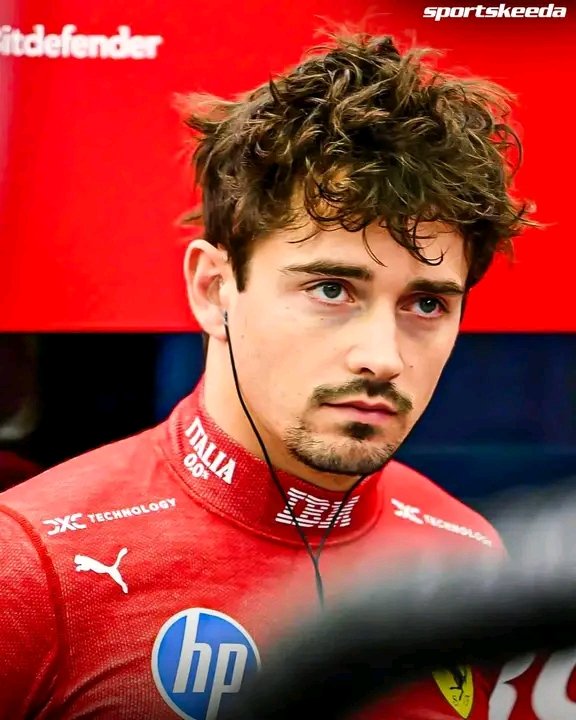Ryanair, Europe’s largest low-cost carrier, has sparked a social media flurry with a cheeky jab at Formula 1 driver Charles Leclerc. The witty exchange began after Leclerc, a Monegasque national, posted a photo on Instagram of himself enjoying a lavish vacation, seemingly arriving via private jet. Ryanair, known for its budget-friendly fares and often humorous social media presence, responded with a playful post featuring an image of one of their planes, superimposed with the caption: “We offer slightly less luxurious travel, but significantly more affordable flights to Monaco. Just saying.” The post quickly garnered thousands of likes and comments, with many praising Ryanair’s sharp wit and others debating the environmental impact of private jet travel.
The interaction highlights the ongoing debate surrounding celebrity travel and its environmental footprint. While Leclerc hasn’t directly responded to Ryanair’s comment, the airline’s post tapped into a pre-existing conversation about the carbon emissions associated with private jet usage, a topic of increasing public scrutiny. Many commentators have noted the irony of a high-profile athlete advocating for sustainability while simultaneously utilizing a mode of transport known for its significant carbon emissions. This has fueled a broader discussion around the responsibility of public figures to be mindful of their environmental impact.
Ryanair’s strategy of using playful social media engagement to promote its brand is not new. The airline frequently utilizes humor and satire to connect with its audience, often capitalizing on current events and trending topics. This particular interaction, however, stands out due to its target – a high-profile sports personality with a significant social media following. The strategy proved highly successful in generating both brand awareness and online engagement, highlighting the effectiveness of leveraging timely events and a touch of cheeky humor in digital marketing.
However, the interaction also reveals a potential downside of such a tactic. Some critics argued that Ryanair’s post came across as condescending, pointing out the significant income disparity between an average Ryanair passenger and a Formula 1 driver. The subtle implication that Leclerc’s travel choices are irresponsible, while perhaps intended as lighthearted banter, may have alienated some of the driver’s fans. This suggests that while using humor can be an effective marketing tool, it’s crucial to maintain a sensitivity to potential negative interpretations.
Ultimately, Ryanair’s playful dig at Charles Leclerc serves as a case study in the complexities of social media marketing. While the campaign undeniably boosted brand visibility and generated significant engagement, it also illustrates the potential risks of employing potentially controversial humor, especially when targeting individuals with established fanbases and considerable influence. The incident highlights the importance of balancing witty marketing with social awareness and responsible brand messaging.
